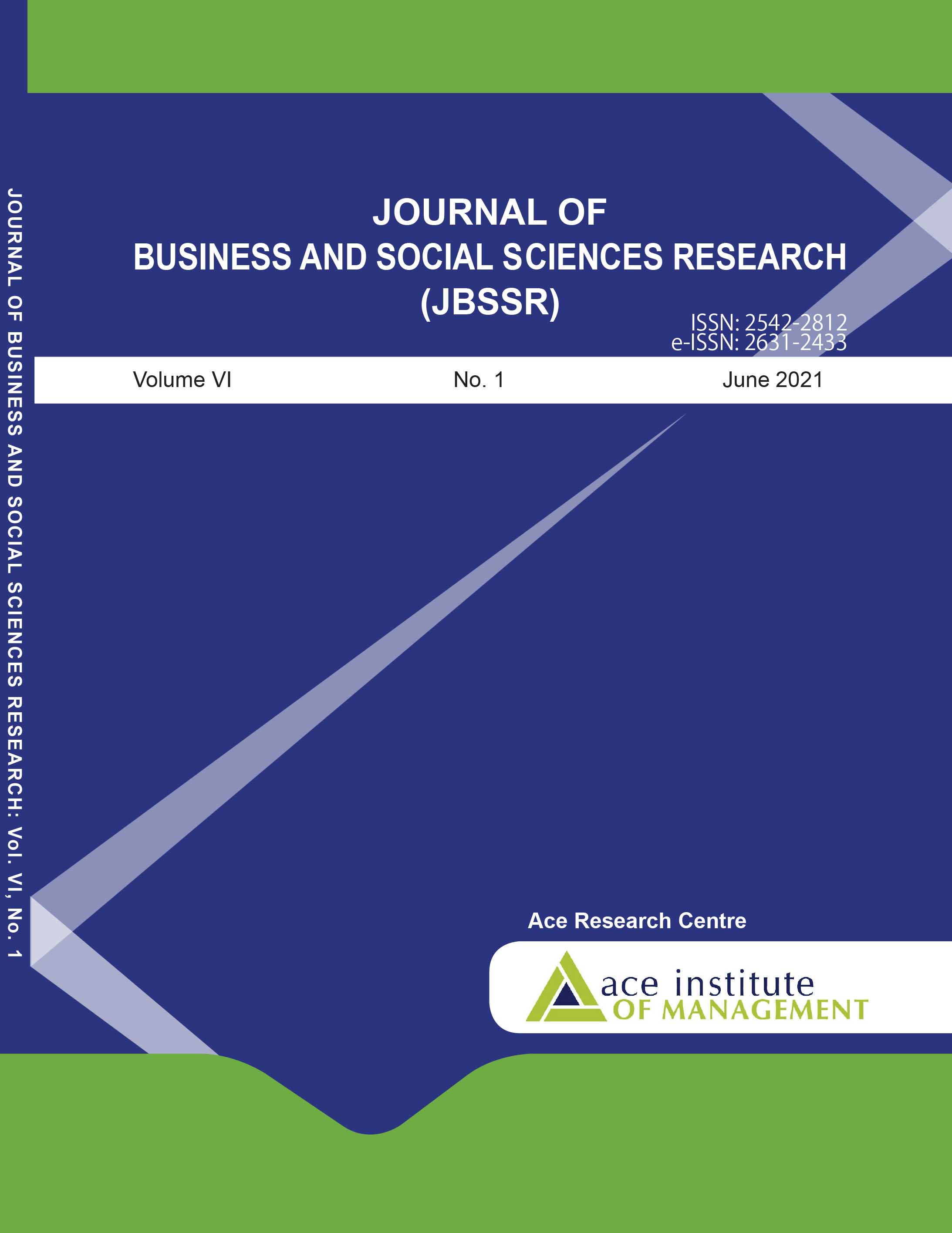Socio-economic Aspects Influencing Rural Household Adoption of Improved Clean Cookstoves: A Case of Rwanda in Africa
DOI:
https://doi.org/10.3126/jbssr.v6i1.38127Keywords:
Biomass, Binary logit regression, rural household, improved cookstovesAbstract
Despite multiple socio-economic, health and environmental benefits of improved cook stove programmes, there is failure to capture the recognition worldwide and a set of sociocultural, economic, institutional barriers and cook stoves and fuel characteristics contribute to the slow adoption. This paper provides evidence of household driving factors that play a crucial role in the uptake of improved cook stoves empirically in Rwanda. The study was based on the fifth integrated household living standards survey (EICV-5) carried out by the National Institute of Statistics of Rwanda. Using binary logistic regression analysis, the study utilised socio economic, stove and fuel factors for determining the adoption of usage of improved cook stove. The study revealed that for a substantially improved rate of adoption there should be consistent and focused cooperation of government and non-governmental organizations to work in parallel for developing energy policy frameworks like dissemination of improved cook stoves.
Downloads
Downloads
Published
How to Cite
Issue
Section
License
© JBSSR/AIM
Authors are required to transfer their Copyright to the Journal of Business and Social Sciences Research.




